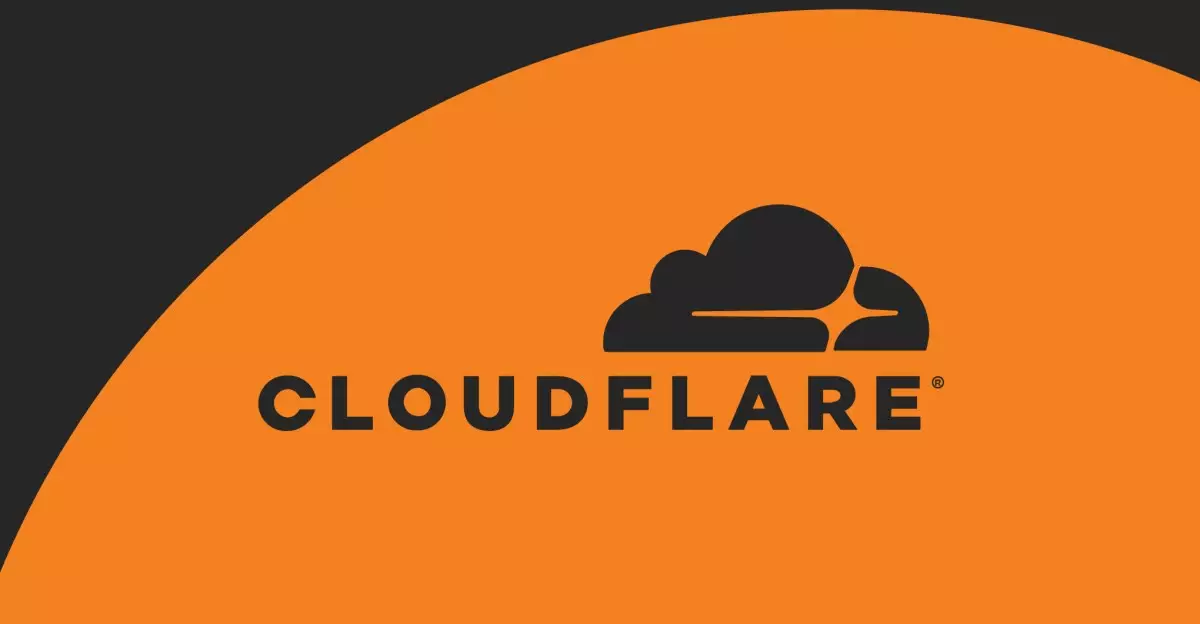The digital landscape is undergoing a transformative shift as internet infrastructure providers like Cloudflare take bold steps to redefine how web content is accessed, used, and protected. Historically, the internet was a free-for-all where scraping and crawling were often unregulated, leading to widespread concerns over content theft and undervaluation of original creators’ work. However, recent developments indicate a conscious move toward establishing a more equitable ecosystem—one where publishers and content creators regain control over their intellectual property in the age of artificial intelligence (AI).
Through a groundbreaking policy shift, Cloudflare now defaults to blocking known AI web crawlers unless explicitly authorized by website owners. This proactive stance signifies a commitment to safeguarding original content against unauthorized scraping. Rather than a blanket ban, the platform offers a nuanced approach: it invites publishers to decide whether to allow AI crawlers and even introduces a “Pay Per Crawl” fee structure. This option enables publishers to monetize their content by charging AI companies for access, effectively turning content into a protected and marketable asset. While initially limited to select publishers, the initiative signals a pivotal commitment to establishing a fairer digital economy that values the labor and creativity invested into online content.
This shift also responds to the broader anxiety surrounding AI’s ability to consume vast amounts of data rapidly—often without acknowledgment or remuneration. By empowering publishers to specify access terms and require compensation, Cloudflare is championing the idea that content creators should be recognized and rewarded for their contributions. It effectively challenges the old paradigm of free, unregulated scraping and pushes toward a system where content access is predicated on permission and fair market practices. Moreover, by involving AI companies in transparent negotiations and clarifying their intended purposes—be it training, inference, or search—this new strategy aims to foster a sustainable relationship between AI developers and content providers.
Addressing Ethical Concerns and Building Mutual Trust
The debate over AI’s role in web content access is deeply rooted in ethical considerations. Many publishers worry that unchecked scraping diminishes the value of their original work, undermining revenue streams and diluting the authority of authoritative sources. Cloudflare’s move adds an essential layer of accountability by identifying and limiting unauthorized AI bots by default, thus giving control back to content owners. This approach aligns with a growing societal demand for respect, acknowledgment, and compensation in digital interactions.
Additionally, the introduction of a “Pay Per Crawl” model is a pragmatic response to the question of who benefits from the data AI systems ingest. Instead of perpetuating a ‘free-for-all’ scenario, it offers a pragmatic framework that aligns incentives: AI companies that are willing to pay can access high-quality content, while those that prefer to avoid costs can opt out or seek alternative sources. This not only fosters trust but encourages responsible AI development—one that recognizes the value of original content and advocates for ethical data use.
From a broader perspective, this strategy recognizes that AI, when developed responsibly with the proper permissions, can be a collaborative tool rather than a destructive force. By working with AI companies to verify crawler purposes and ensure transparency, Cloudflare is championing a future where AI enrichment works hand-in-hand with content creators’ interests. Such an approach potentially sets a new standard for the internet’s architecture—one that balances technological innovation with the rights of content owners.
Implications for the Future of Digital Content and AI Development
These developments highlight an urgent need for the tech industry and content ecosystem to rethink foundational principles. As AI becomes more entrenched in daily digital interactions, the question of ownership, compensation, and ethical use takes center stage. Cloudflare’s bold initiatives suggest a future where content creators wield greater power, managing how their work is accessed and monetized in an increasingly AI-centric world.
More broadly, these changes could inspire legislative and industry standards that formalize the rights of content creators. The shift towards transparent, paid, and permission-based AI crawling is not just an act of corporate responsibility but could be the catalyst for a more fair, sustainable internet. It signals a recognition that original content isn’t just a commodity but a valuable intellectual asset deserving of respect and compensation.
Yet, challenges remain. AI companies may resist licensing fees or restrictions, viewing them as barriers to innovation or data accessibility. But this pushback underscores the need for a balanced approach—one that fosters technological advancement while safeguarding creators’ rights. As the internet architecture evolves, it’s clear that collaboration and mutual respect will be fundamental to creating an online environment where both AI and human ingenuity thrive side by side.
The proactive stance taken by Cloudflare signifies a decisive move toward a more equitable digital future—one where content creators are no longer sidelined but placed at the heart of AI development and internet architecture. If this model gains momentum, it could mark the dawn of a new era where the internet’s greatest strength—the creativity and originality of its users—is fiercely protected, properly valued, and enduringly celebrated.

